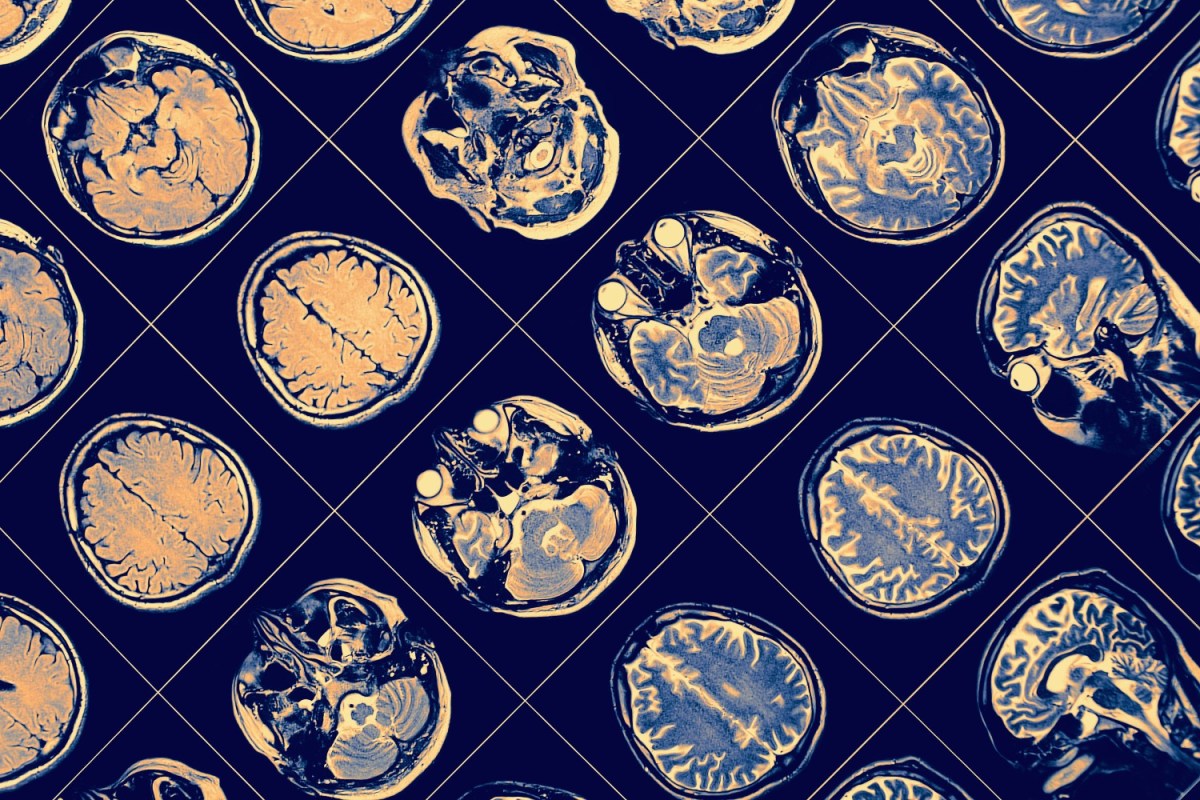How does the brain process hunger? That line of inquiry is at the heart of a number of big scientific and medical questions right now – including the science behind popular drugs like Ozempic. But there are also different reasons why someone might not want to eat. You might not feel the urge to snack if you just ate a large meal; you also might not want to snack if you’re feeling nauseous. This prompted a group of scientists to look into an intriguing question: does the same part of the brain govern both responses?
Last month, those scientists published the results of their study in the journal Cell Reports. As they wrote in the paper’s summary, “The neural circuit mechanisms of appetite suppression by nausea are not well understood.” To learn more, they conducted an experiment using genetically modified mice. As Gillian Dohrn explained at Nature, the scientists discovered that a cluster of brain cells were active when the mice were nauseated but were not when the mice were simply full.
All of this tells us more about the appetites of mice, but how does it apply to humans? As Haijiang Cai of the University of Arizona told Nature, “It’s going to be exciting in the future if we can target the neurocircuitry that controls satiation to suppress appetite, but not to cause nausea.”
Scientists Are Growing Brains to Better Understand Dementia
At least, they’re growing structures with brain cellsGetting a broader understanding of how the brain regulates appetite has plenty of applications, both for our overall understanding of how the body works to its use in weight-loss and diabetes drugs. Can mice help us get there? Stranger things have happened.
This article appeared in an InsideHook newsletter. Sign up for free to get more on travel, wellness, style, drinking, and culture.



















